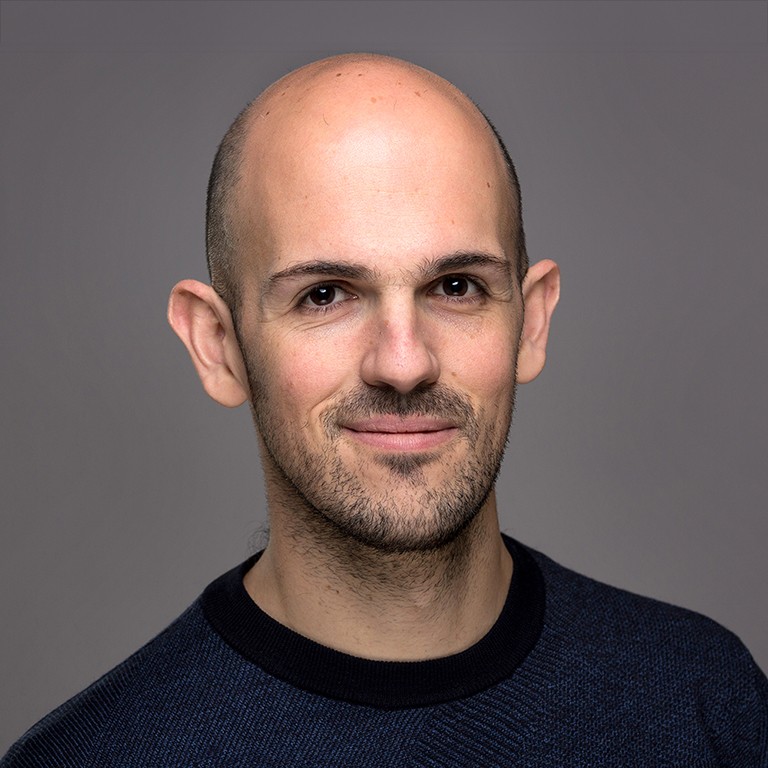Econophysics, a new approach to economics
 In the space of 5 years, the EconophysiX research team has greatly increased its size, reflecting the growing interest of young researchers in this field.
In the space of 5 years, the EconophysiX research team has greatly increased its size, reflecting the growing interest of young researchers in this field.

The “Econophysics & complex systems” Chair celebrated its 5th anniversary at the end of 2023. The programme was created in 2018 by the École polytechnique and the Institut Louis Bachelier, with the support of its sponsor Capital Fund Management (CFM). The Chair has been supported by CFM since its inception, thanks to the initiative of Jean-Philippe Bouchaud, co-founder and chairman of the company, and also a physics teacher at the ENS. The parties involved initially committed themselves to the Chair for a period of 10 years, thus it is celebrating its mid-term anniversary, providing an opportunity to take stock.
In the space of five years, the research team has grown from two to twenty-five people. It has trained over eighty visiting students and young researchers for research internships, doctoral theses, and post-doctorates.

“We are seeing a real enthusiasm for this discipline among young people with backgrounds in mathematics, physics or computing, who then want to move on to applications in the social sciences,” explains Michael Benzaquen, head of the Chair.
Studying economics with the tools of physics
Part of economics involves studying the behaviour of economic agents - entities such as households, businesses, and public institutions - who make daily financial decisions. By combining the human and social sciences with applied mathematics, we can model their behaviour by grouping them into categories of ‘representative agents’. However, this representation neglects the complexity of the agents and particularly their interactions, i.e. the fact that they influence each other.
Econophysics comes into play. In the age of big data, it is now possible to study economic phenomena on several scales. Like a cloud of gas (macroscopic scale) made up of molecules (microscopic scale), these phenomena can be considered as aggregates whose collective properties can be observed (macroeconomics), but also as individual agents with different behaviours (microeconomics). In this respect, financial markets can be likened to physical phenomena and studied using the same tools as physics.
An analogy can also be made with a shoal of sardines or a flock of birds, whose movements can be observed globally as those of a single entity, but which are the result of the interaction of multiple individuals that influence each other. Financial markets can be subject to crowd movements and a certain endogenous (caused by the system itself) volatility: sometimes prices change for no great economic reason, and small fluctuations spread and amplify.
A complementary and interdisciplinary team
The EconophysiX team is structured like a laboratory, made up of young researchers with different and complementary profiles. Doctoral theses are sometimes co-directed by several people from different scientific backgrounds, to provide doctoral students with a multidisciplinary supervision. Indeed, some problems would not be solvable without a multidisciplinary approach, for example issues relating to sustainable development.
“Interdisciplinarity is essential for comparing and limiting the biases of each discipline. We see differences in approaches and methods, and it is by confronting them that we break down barriers", judges Michael Benzaquen.
To promote this approach among the new generation of scientists, Michael Benzaquen teaches econophysics in the 3rd year of the polytechnic engineering cycle. Opportunities for the youth interested in this discipline include finance, new technologies and economic policy sectors, with alumni working for BNP Paribas, QuantAI, the Chair's sponsor CFM, and public institutions. Scientific research is not to be outdone, after their time at EconophysiX, around a third continue in this field.
With the intention to raising awareness of their discipline, the members of the Chair are sharing their work on social networks and as of 2024 are publishing bi-monthly testimonial videos on the YouTube channel of École Polytechnique. Every year since 2020, the Chair has awarded the ‘CFM Women in Quantitative Finance’ thesis scholarship to combat gender inequality in quantitative finance, a sector in which women are still under-represented. It has been awarded successively to Cécilia Brun, Salma Elomari, Natascha Hey and Jutta Kurtz. The 2024 call for applications is open until 1 June.
*LadHyX: a joint research unit CNRS, École Polytechnique, Institut Polytechnique de Paris, 91120 Palaiseau, France
 Support l'X
Support l'X 








